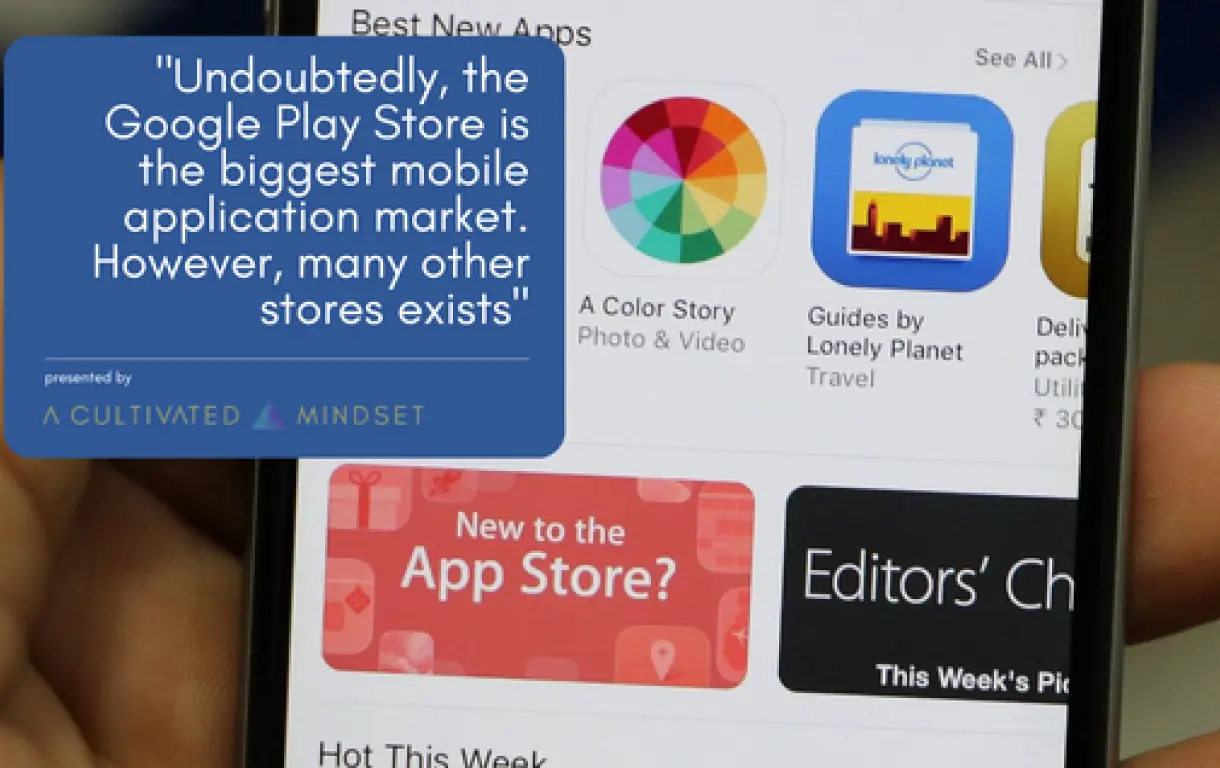Learning To Handle Shame And Failure Is An Important Entrepreneurial Skill
- 2 MIN READ
- Jun 5, 2018
- BY PATRICK HILL
You are making the biggest mistake if you think you must be a good enough CEO for your employees to give their best and build the company. Many successful entrepreneurs were not the ones who were admired and liked by their employees. Remember, it is never easy to get a group of people and make a band out of them. The toughest part of entrepreneurship is perhaps managing people than managing time, resources and business processes.

Often if you had successfully retained a team for quite some time working together on a project, you have reasons to pat your back for doing a rare and wonderful job. Shame and failures are part and parcel of any big mission. Here is how you can successfully handle fears and failures without burning yourself in the process.
Learn to be critical of your own work. As a founder and CEO, you have a long journey ahead of you and you can always learn from shames and failures to become better and more successful. Understand your employees thoroughly so that you can put an engaging content in front of them. Nevertheless, if you are unable to please them, it is none of your faults. When the book you write is not something they wish to read, it neither means yours is a bad book nor can it suggest that they are bad readers.
Be open to every possibility in life. This openness will give you forgiveness. In turn, you also develop the freedom to move forth and give a try even if it means to fail once again. Develop the following two hopes to handle shame and failure in the right way.
Provided whatever you feel shameful about is not a malicious intention, you have no reasons to feel shameful. If you are a bit more patient and persistent, you will find your friends supporting you.
Accept the possibility that what you have created and what you intend to create must resonate with everyone. If one of your ex-employee says they hated working in your business, it is perfectly OK and it is neither your fault nor that of the one who says so.











